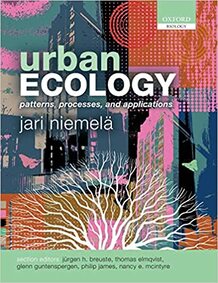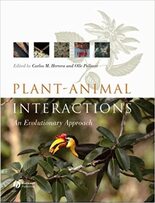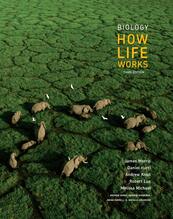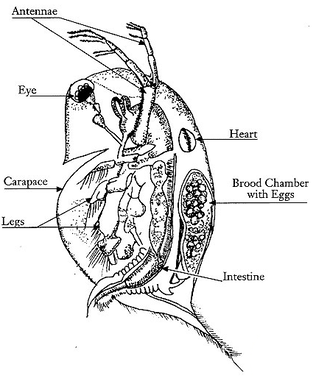Current Courses
|
Urban Ecology, Policy, & Management
This cross listed (Biology and Political Science) service-learning course pairs academic learning with in-the-field community project management experience. The student learning objectives for this course are to: 1) understand the principles of service learning and the role of the university in these projects, 2) apply the principles of service learning to create projects with a local community partner, 3) understand the ecology of urban green spaces, their management, and their contributions to biodiversity conservation and 4) understand how humans and urbanization affect ecosystems. In spring 2022, I co-taught this course with Dr. Holly Peterson from our Political Sciences department. We partnered with the Mobile Botanical Gardens (MBG) to develop and implement a new event called Gopher Tortoise Day. The event raised almost $3,000 for the preservation and management of the federally-listed (threatened) gopher tortoise whose role as keystone species and ecosystem engineer makes them an emblem of biodiversity in our region. The funds raised will go towards the renovation of educational kiosks and the ongoing management of MBG's 35-acre urban long-leaf pine forest which serves as home to their beloved gopher tortoises. Feedback from our students and community partner showed that this course was an outstanding success and a truly unique and rewarding experience. |
|
Plant-Animal Interactions
This course focuses on the role of plant-animal interactions in the evolution of biodiversity. Topics include the history of associations between plants and animals, herbivory by insects and vertebrates, seed predation, pollination and seed dispersal by animals, ant-plant interactions, and trophic cascades. Course content is greatly supplemented by weekly student-led discussions of the primary literature. Students are also expected to participate in periodic excursions to nearby field study sites (e.g., Mobile Botanical Garden). This course is intended for upper-level undergraduate and graduate students. |
|
General Biology I (Lecture)
I currently coordinate multiple sections of this course which has an annual enrollment of approximately 500 students. Intended for biology majors, this is the first course in a two-semester series which introduces students to the fundamental principles of biology. The course is designed to also meet the needs of students majoring in other scientific disciplines (e.g., medical professionals, engineers, educators, etc.). Emphasis is placed on the fundamentals of living systems, including the molecular constituents of cells, cellular structure, processes and function, metabolism, genetics, phylogeny, evolution, and speciation. |
|
General Biology I (Lab)
This is a paired lab course that I also coordinate which can have upwards of 15 sections per semester (~500 students annually). Like the lecture component, this lab-based offering is intended for biology majors and is the first course in a two-semester series which introduces students to the fundamental principles of biology. The focus here is for students to gain quantitative skills while collecting real data. Students will develop an understanding of biological structures and function while exploring the scientific method. Class activities are focused on hypothesis and methodological development, proper use of equipment, data organization, basic statistical analyses in Excel, interpretation of results, and proper communication of experimentally-based conclusions. I redesigned this course in 2019 as part of the Active Learning Initiative at South Alabama. |




